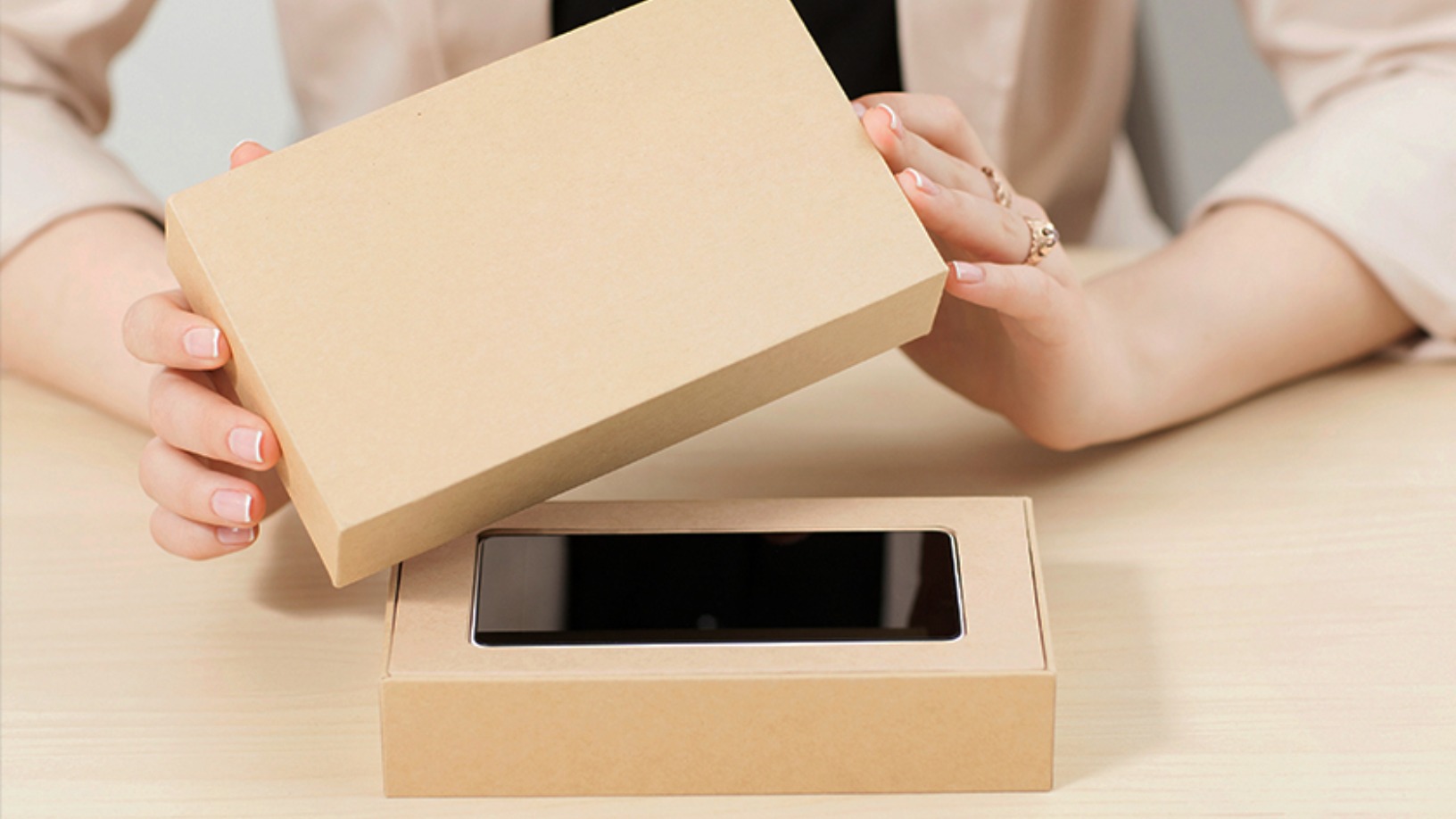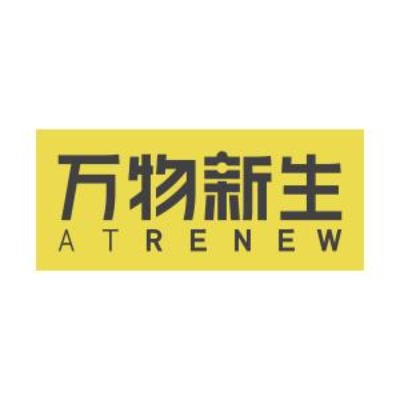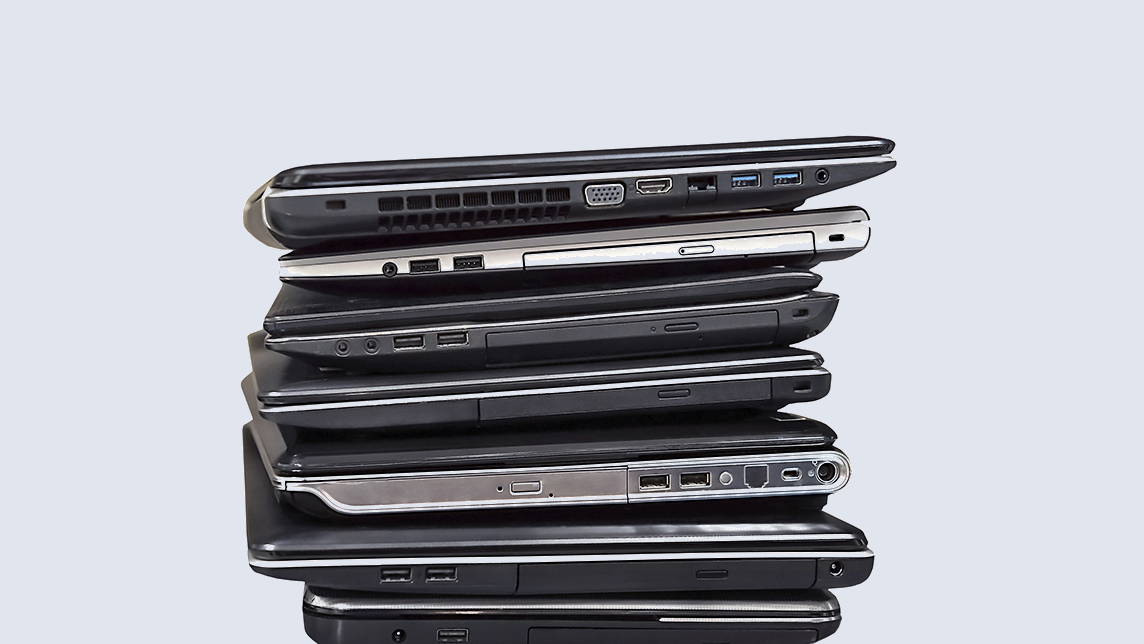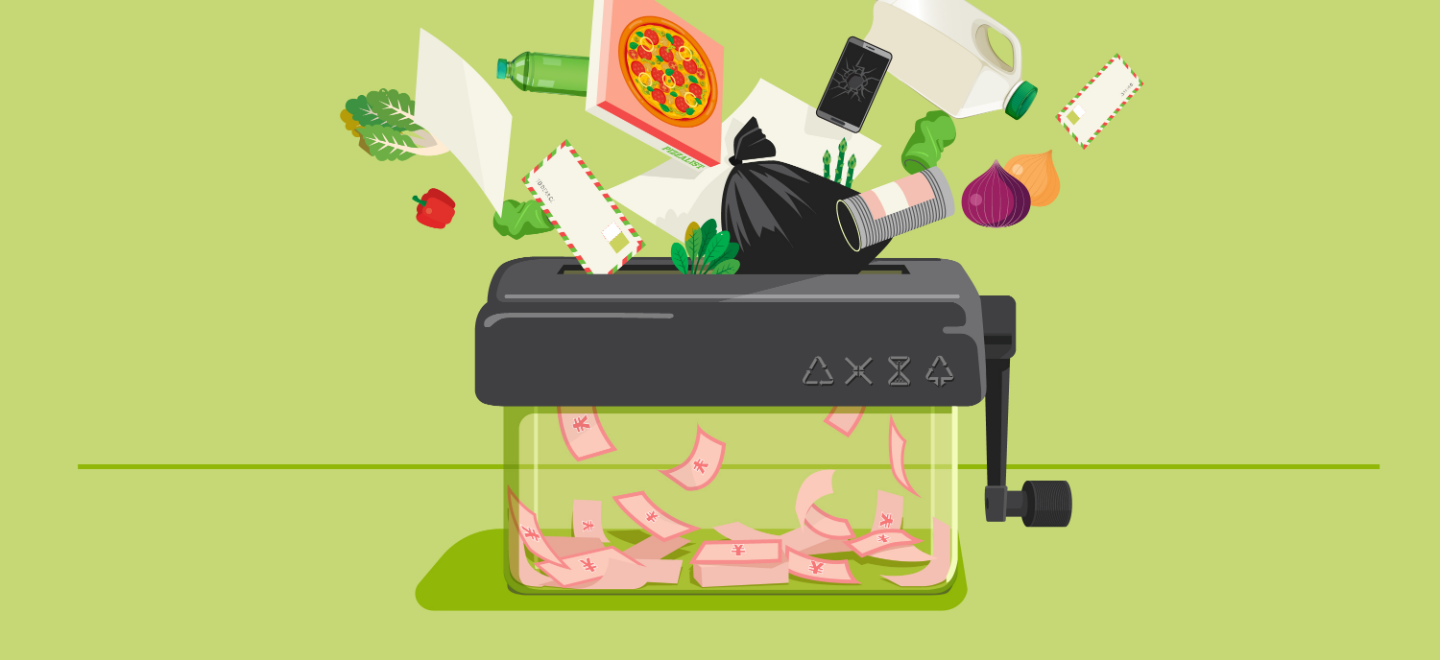After raising $105m Series E+ funding in September, China’s largest electronics recycling platform Aihuishou has reached $3bn in valuation. The Shanghai-based unicorn has also rebranded itself as Wanwu Xinsheng, which roughly translates to “a new life for everything" in Chinese, reflecting its ambition for further growth through deeper market penetration, new product segments and, for the first time, overseas expansion.
By making it easy for consumers to trade-in their used gadgets, Aihuishou now wields a nearly 80% share of the secondhand electronic goods market forecast to reach RMB 1tn by the end of this year, from RMB 500bn in 2017. Chinese consumers are often eager to embrace new shopping trends and upgrade to the latest models, in turn quickly creating a by-market for quality pre-owned items.
More Chinese are also opting to exchange their electronic gadgets for new ones instead of forking out cash, Aihuishou has noted. Old-for-new deals are now the most popular way for consumers to buy a new smartphone on e-retailers like JD.com, which led the latest funding round of Aihuishou and is its largest shareholder.
“We’ve always believed that so-called garbage are misplaced resources and every discarded item can have a new life,” said Aihuishou CEO and co-founder Chen Xuefeng. The company’s vision is also based on building an efficient supply chain network across China.
“It [the supply chain] has resolved the major issues facing the secondhand 3C goods sector, including lack of standards and scattered sources of goods,” said Hu Ningfeng, VP and Strategic Investment Head at JD.com. “It has improved quality guarantees and customer satisfaction, creating huge value for the growth of the whole industry.”
Another leading investor of Aihuishou’s Series E+ round is also eying the growth potential for pre-owned computers, communication and consumer electronics, also known as 3C. “The penetration rate of secondhand phones in China is still very low compared with Europe, the US, Japan and South Korea, and there is much room for further growth,” said Zhao Xuan, MD of Investment Management and head of private equity at Guotai Junan International.
One-stop trade-in portal
Aihuishou has accumulated a massive amount of data through years of being in the business, enabling it to set quality standards for secondhand electronics and price them accordingly. Currently, the startup has five operation centers covering the whole of China, able to handle quality assessment, sorting, storage and logistics for all transactions completed via its online platforms. This wide recycling network, both online and offline, and Aihuishou’s strategic partnership with JD.com facilitate reselling at scale and faster goods turnover.
The startup began as early as 2011 buying up used 3C goods, especially smartphones, through mail order, self-service machines and offline stores; reselling them at higher prices. The earlier C2B model was successfully extended to the B2B and B2C sectors with the launch of Paijitang in 2018 and merger in 2019 with Paipai, JD.com’s secondhand goods portal.
In 2019, Aihuishou’s trade-in business jumped 237% year-on-year, attracting the attention of smartphone manufacturers. Today, 19 mainstream brands including Apple, Huawei, Xiaomi, Vivo and OPPO have joined forces with Aihuishou to offer trade-in deals for 500 new models such as the latest 5G phones.
In partnership with JD.com, Aihuishou has also launched a one-stop trade-in service where customers can get their smartphones valued by JD.com and pay the price difference for a new model. Users can complete the transaction at an offline Aihuishou store or at home.
In the latter, Aihuishou will assign a quality assessment engineer to deliver the new phone and pick up the old one. The engineers can also help users to transfer their data to the new phones before deleting them in the old devices to guarantee customer data privacy. The service is now available in 29 cities including Beijing, Shanghai, Shenzhen and Guangzhou.
Competition rising
Aihuishou will tap its Series E+ funding to quickly scale and enter new markets, like sale of used 5G phones. According to China’s Ministry of Industry and Information Technology, 461m and 499m units of used phones entered the secondhand goods market in 2018 and 2019, respectively. The market is forecast to swell to 524m units due to the rapid adoption and sales of 5G models.
As the newly branded Wanwu Xinsheng, the startup offers direct access to three types of secondhand goods trading platforms. The original C2B aihuishou.com platform takes a portion of the profit earned by individuals trading or selling pre-owned electronic items. The company also earns revenue from advertisements displayed on its smart recycling machines and commissions from Paijitang’s auction platform for B2B users to buy/sell batches of used electronic products. Commissions are also earned from B2C Paipai vendors selling pre-owned electronics, books and home appliances directly to consumers.
Aihuishou currently handles 70,000 items a day, with the capacity to manage 1m transactions monthly. Sales have reached RMB 2bn a month. In addition to its 700 bricks-and-mortar shops and 100,000 franchise outlets in 140 cities, its online sites offer over 8,000 models across nine product categories.
However, it came as a surprise that only 17.4% of respondents polled had heard of Aihuishou, according to a survey by consulting firm Aurora Mobile in February 2020.
Zhuanzhuan was the best-known secondhand phone marketplace with 64.7% selecting it as a familiar brand. In May 2020, Zhuanzhuan acquired Zhaoliangji.com, an online platform for used mobile phones and accessories. This will build a larger and more efficient ecosystem, including C2B and B2B, to offer a wider variety of used smartphones,” according to Zhuanzhuan CEO Wei Huang.
In September 2018, another used goods trading platform, Huishoubao, received strategic investment from Alibaba to open recycling stores in local malls in collaboration with Xianyu, Alibaba’s own secondhand marketplace. Not to be outdone, Aihuishou has teamed up with JD.com to offer a new one-stop service for pre-owned smartphones to strengthen its expansion efforts at home.
Emerging markets
While competing for market share in China, Aihuishou is also gearing up to expand overseas. About 1.5bn new phones are shipped worldwide every year. In China, domestic sales only take up 25% of the global total output of smartphones.
“There’ll be world-class platforms in the global secondhand phone industry, and Aihuishou has the best chance of making it,” said Guo Jingwei, Aihuishou’s VP for overseas development. Besides building a presence overseas through its global B2B Paijitang platform, Aihuishou is also starting to build a global network by investing in local companies and through joint ventures in India, Indonesia, Russia and Brazil.
Huishoubao has already started operations in Indonesia and Russia, with expansion plans for Southeast Asia, North America and Europe. But Aihuishou’s Chen believes that Aihuishou’s supply chain advantage will help his company win the game.
“In the secondhand economy, only vertical platforms have the chance to succeed," he said. "And for vertical platforms, supply chain is the core.”














